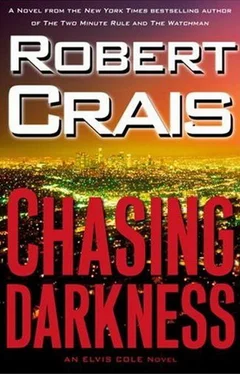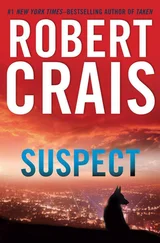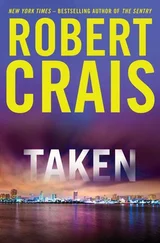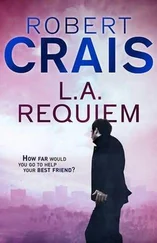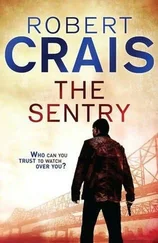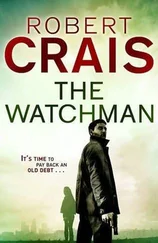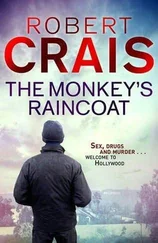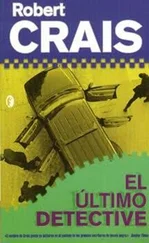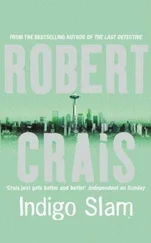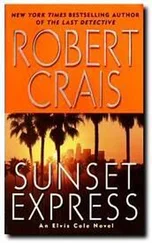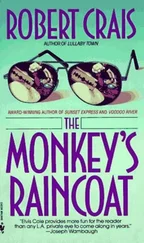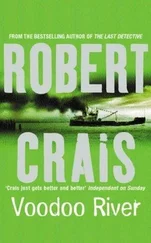He said, “Sure. It was still in her purse. We gave it back to the family.”
“Not her cell phone. She also had a PDA.”
“Like a BlackBerry?”
“Yeah. Did you find one?”
“Hang on-”
He spoke to someone in the background, then came back.
“No, nothing like that. We had her cell. Maddux says it was a Samsung.”
“I just left Casey Stokes. Leverage gives out PDAs to their associates. Debra used hers that night at the dinner.”
“All we had was the Samsung. We ran the call log on the cell and the hard line in her apartment. If we had the PDA, we would’ve run that, too. Maybe her family has it.”
“They would have it only if you gave it to them. It should have been on her body, in her car, or in her apartment.”
“I don’t know what to tell you. I know you’re thinking the killer nabbed it, but how can we know that or prove it? She might have lost the damn thing.”
“Hang on, Darcy. Think about this. If Leverage provided the PDA, they probably take care of the bills.”
“I know where you’re going, but there isn’t anything I can do. If this case was mine I’d subpoena their call records and hit up the provider for her email and text messages. But this isn’t my case. It’s Marx’s case, and he closed it.”
“Did you know Marx is a client at Leverage?”
Darcy was silent.
“Darcy?”
“You’re kidding.”
“When Leverage was freezing you guys out, they were talking with Marx behind the scenes. He walked them through the investigation to keep their clients out of the headlines.”
“That sonofabitch.”
“Uh-huh.”
“That’s why the pressure came down for us to back off. Nice of him to tell us.”
“Marx’s name never came up?”
“Not until now. Maddux is going to shit.”
I called Michael Repko next. Michael remembered that his sister had a PDA, but didn’t know where it was. He agreed to ask his parents and brothers. I was still talking to him when my phone beeped with a call from Pat Kyle. I finished with Michael, then switched over to Pat.
She said, “Am I the best or what?”
“I’ve been saying that for years, and not just to annoy your husband.”
“A little annoyance is good for him. You have something to write with?”
“I do. You find Tomaso?”
“He’s with a commercial agency called Figg-Harris. Figg tried to reach him to see if it would be okay to give out his contact info, but the kid hasn’t returned his calls. I had to pressure him.”
“I get it. Give me the stats.”
“Okay. This is his cell.”
She read off an 818 phone number and an address in North Hollywood. I thanked her, then called Angel’s number, but didn’t have any better luck than his agent. Angel’s phone rang five times before a message picked up.
“Hey, this is Andy, the next big thing. Leave the 411 and I’ll get back. Peace.”
Andy. The next big thing.
I left my 411, but didn’t wait for the next big thing to get back to me. I headed north toward the valley.
The breathtaking clarity we enjoyed during the Santa Anas had vanished when the winds died. The air, now sleeping, was heavy with haze. A misty shawl blurred the Hollywood Sign and the skyscrapers lining the Wilshire Corridor appeared to be in a fog.
It was almost one o’clock when I dropped off the freeway at Universal to hit Henry’s Tacos for lunch. Four tacos later, I turned onto a neat residential street wedged in the flats between Toluca Lake and Studio City. The main house was a small Craftsman with a large porch and a For Sale sign in the front yard. A narrow drive ran past the main house to a converted garage in the rear.
I parked on the street and walked down the drive.
The guesthouse had once been the garage. The double-wide garage door had been replaced by French doors with sun curtains pulled across the doors for privacy. A patio table and chairs sat on the driveway outside the doors, shielded from the sun by an overhead trellis matted with crimson bougainvillea. I rapped on the glass.
“Angel? It’s Elvis Cole.”
Angel didn’t answer.
I rapped again, then stepped off the patio into the yard. Two windows and a door were cut into the side of the guesthouse, and had probably been there before the garage was converted. The backyard was hidden from the neighbors by a chain-link fence overgrown with trumpet vines and more bougainvillea. Violet trumpets drooped from the vines and fought with the bougainvillea for attention.
The side door was locked, and more curtains covered the windows. I returned to the French doors, knocked again, then decided to talk to his landlords. If nothing else, I could ask them to let Angel know I had come by.
I went back along the drive, climbed onto the front porch, and rang the bell. No one answered at the main house, either. I cupped my face to the window, and was able to see the living room, dining room, and part of a hall. The furnishings were gone. The owners or tenants had already moved. Maybe Tomaso had moved out with them and hadn’t bothered to tell his agent, but the odds of that were small. Struggling actors would live in their agents’ pants if they could.
I went back to the guesthouse to leave a note, but after I wrote it I decided to call Angel again. He might be around the corner, but he could have gone to Vegas with friends and might not be back for weeks.
When his cell phone rang I heard it inside his house. I lowered my phone and listened. The ringing went on for five rings, and then the ringing stopped. Angel’s message was playing in my phone.
I said, “Angel?”
Nothing.
I put away my phone, then knocked again. After I knocked I tried the handles. The first set of French doors was locked, but the second set opened when I pulled the lever.
The guesthouse was set up like a studio apartment with a cheap dining table, a TV, and a pull-out couch. A cell phone, wallet, and keys were on the table. Books on acting and directing were stacked on the floor, and unframed posters of modern crime films like The Big Lebowski and Gone Baby Gone were tacked to the wall. The furnishings were spare, but Angel had filled his apartment with the stuff of an aspiring actor, only now he would never see it again.
Angel Tomaso was facedown on the couch with the side of his head so dark with crusted blood it was black in the bad light. He was wearing a T-shirt and shorts. His bare arms and legs were purple where the blood had settled. Someone had written on the wall in uneven red letters. The message read: I LOVED U.
I listened, but knew Angel was alone. The tiny apartment was still, with only a single fly circling the body. In the time I stood in the door, more flies joined the first.
I stepped inside and went to his body. The couch beneath his head was rich with dark blood, and the ceiling above the body showed a thin splatter trail from the rise of the weapon. The side of his head behind his right ear had been struck with something heavy more than one time. Whatever had been used to kill him was no longer present.
The message appeared to have been written in blood, but when I examined it more closely I realized it had been written in lipstick.
The windows and doors showed no sign of forced entry. His apartment appeared in order, and did not look as if it had been searched. I was careful not to leave fingerprints or disturb the scene. His wallet contained sixty-two dollars, a Visa card, and a MasterCard. A letter from his aunt was unopened on the kitchenette counter. I felt sad when I saw it, thinking he should have opened it when he had the chance.
I studied the body and the blood patterns for a while, then stepped outside to call the police. I sat at the little table beneath the bougainvillea and breathed the good air that didn’t smell like the air inside with the body. I should have closed the French doors, but didn’t. He had been alone long enough. I thought about Angel’s aunt, and knew it would be hard on her and the rest of his family in Austin. It was always hard that way.
Читать дальше
